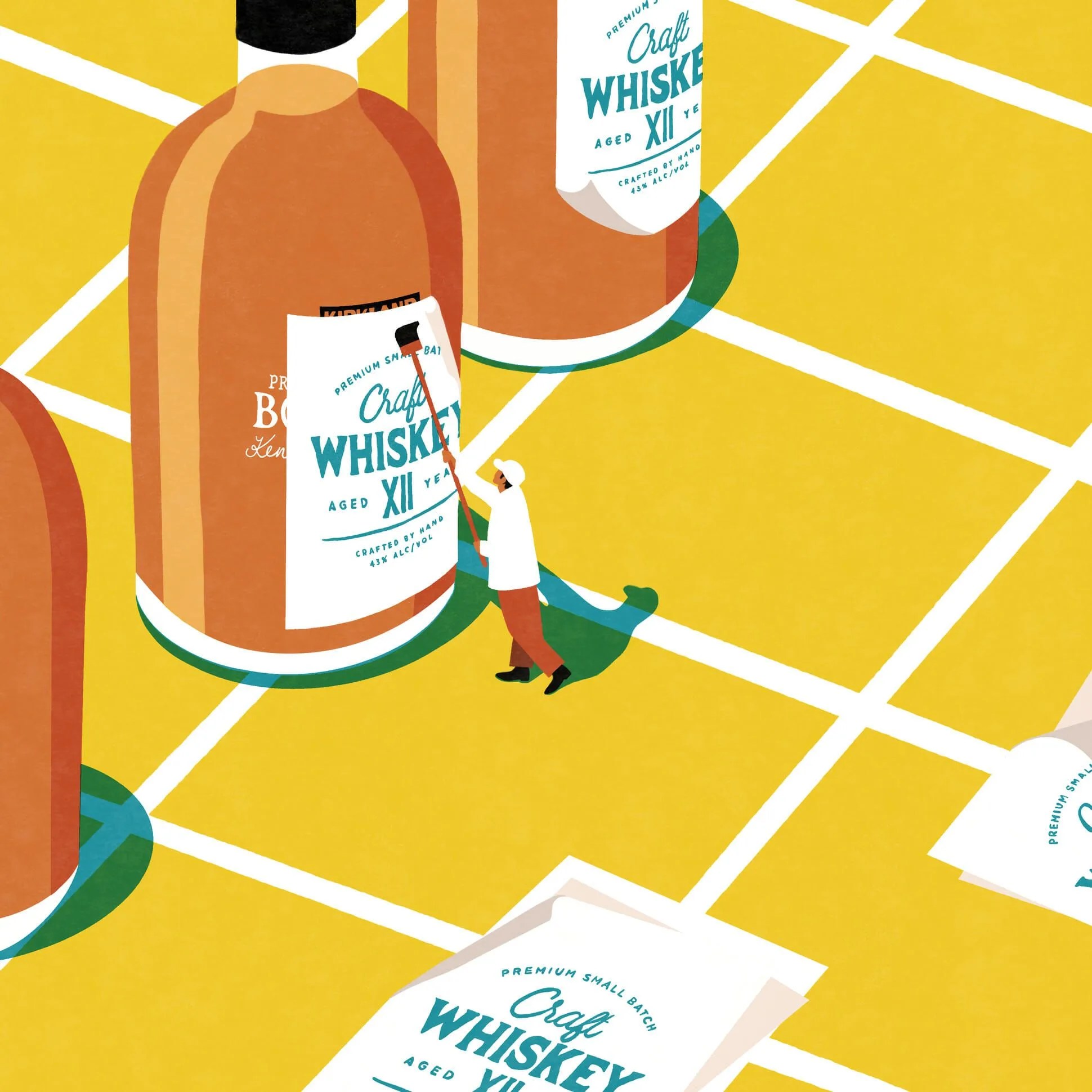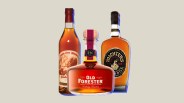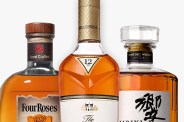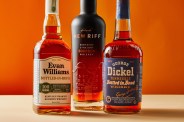Editor’s Note: A version of this article originally appeared in an older issue of Gear Patrol Magazine. As such, some of the figures and information in this story may be somewhat inaccurate and out of date. However, the overall content remains relevant. Subscribe to Gear Patrol Magazine today.
In early 2014, Templeton Rye was one of the country’s most exciting young whiskey brands. It had a handsome bottle, an old-fashioned label and a great hook: its amber-colored rye was made using a “Prohibition-era recipe” favored by famous mobster Al Capone. It was especially disappointing, then, when all that turned out to be bogus: Templeton was buying aged rye whiskey from MGP, an Indiana-based industrial spirits supplier, blending it with “alcohol flavoring formulation,” cutting it with water, and then labeling it “Small Batch” in big black letters on the label.
“Sourcing,” as the practice is called, is not itself a sin in whiskey making. Some brands practice it to great effect: beloved labels like Willett Distillery in Kentucky have built sound reputations on buying other people’s juice and adjusting it, either through aging or blending or both. But being less than truthful about sourcing is blasphemy in the whiskey world. Templeton Rye faced three class-action lawsuits, and as a result, it was forced to remove “small batch” and “Prohibition-era recipe” from its labels, as well as refund buyers three dollars a bottle for up to six bottles.
Templeton’s story is extreme, but it’s also just one footnote in a wider debate about what constitutes a “craft” spirit at a time when that designation is increasingly attractive to a liquor industry with over $3 billion in annual sales. One would imagine that, in the wake of the scandal, whiskey makers would have rushed to set a definition of “craft whiskey” — for self-preservation if nothing else. Instead, five years on, no one can seem to agree on what those words mean or should mean. For distillers and those in the spirits industry, it’s been cause for frustration, division and distrust; for consumers, who are inclined to pay a premium for something they think is made with extra care, it can be damn confusing, and in its worst cases, outright misleading.
“You can tell these words mean different things to different people, but you’re not sure what they mean and why,” says Chip Tate, the founder and former head distiller at the award-winning Balcones Distilling, who now heads his own brand, Tate & Co.







